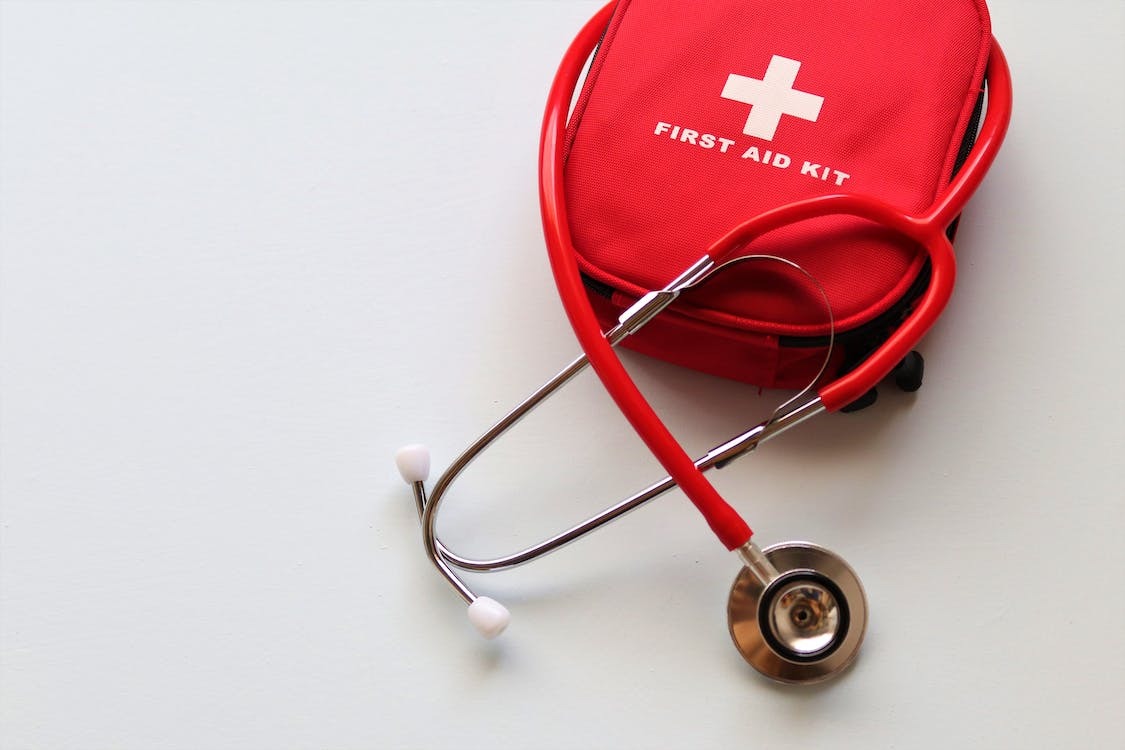Emergency Kit | Pexels by Roger Brown
Emergency Kit | Pexels by Roger Brown
South Korean nursing student Ju Hah Yeon was surprised when an emergency department nurse told her that teamwork is the most important aspect of nursing. Hah Yeon always felt individual ability was most important, especially in an emergency setting. But during a code blue simulation, Hah Yeon saw her team’s result improve significantly when she concentrated on teamwork as the simulation team leader.
It was an eye-opening experience for Hah Yeon, and part of a learning activity that no textbook could match. It was part of the Global Nursing Program under the Center for Global Nursing at Texas Woman’s University this year that brought about a dozen of the best nursing students from the Republic of South Korea to Dallas to participate in lectures, shadowing at local hospitals, simulations and more.
Nursing professor Ho Soon Michelle Cho, PhD, spearheads the longstanding connection program. Providing these opportunities to Korean students at the beginning of their careers is special to Cho.
“This is part of my childhood dream to train excellent teachers and nurses,” Cho said. “I was raised in a small town in the southern part of Korea after the Korean War, and I had rare chances for exposure to other big cities or high-quality education.”
Beginning in 2010 with Korean nursing professors visiting for a year, the program began to take its current shape a year later when Korean nursing students came for a month-long immersive curriculum in 2011.
Starting with the Daejeon Health Sciences College in South Korea, Cho quickly established relationships with five other South Korean universities. While the program only accepts 15 students per year, the word is out across the country.
“Since I first entered the university, participating in this program was my dream,” one of this year’s participants, Kim Ye-Jin, said.
Cho said that in addition to experiencing a growth of nursing knowledge, students feel a connection with TWU students and faculty.
“They like to recommend this program because it is a great opportunity to learn about a bigger world,” Cho said.
Now students spend two weeks in the United States to focus on cardiovascular disorders, women’s health care and evidenced-practiced interventions. Students learn from TWU’s nursing faculty while also making rounds in three acute care hospitals, attending leadership forums, visiting local destinations, and participating in a multicultural exchange day.
Cho coordinates with nursing faculty, local hospitals, the TWU Office of International Affairs and Student Life in Dallas as well as theNorth Texas Korean Nurses Association, the Korean Women’s International Network, and Sigma Theta Tau International Nursing Honor Society to provide a comprehensive experience for the visiting students.
“This is an experience not all South Korean nursing students can have,” Hah Yeon said. “This experience was literally awesome, and I was grateful for every moment.”
The program benefits more than just the visiting Korean students. It has an impact on TWU’s own nursing students according to Interim Nursing Dean Damon Cottrell, PhD, DNP.
“These experiences help us reach new levels of cultural awareness, learn about each other, and grow by expanding our perspectives on our culture and how each culture delivers care,” he said. “The experiences and interactions that occur are so meaningful. Ultimately, when we stretch, we learn, and when we learn, we become better humans.”
In addition to working with new medical devices and technology at local hospitals, Korean students said that learning soft skills like bedside manner and teamwork were just as eye-opening.
“I had thought a nurse's professional knowledge was the number one value for a nurse, but the teamwork, emphasized the most in this program, changed my values.” Ye-Jin said.
According to Cho, a high rate of students from the program secure jobs in Korea with some working now at top hospitals in Seoul, the country’s capital and largest city. At least three students have been accepted into nursing PhD programs in the U.S.
Ye-Jin and Hah Yeon have similar goals after attending the program this year.
“I have a new dream to be a leader who makes a better environment for nurses in Korea,” Ye-Jin said.
“When I go back home, I will study really hard to become an expert as a nurse and come back to the U.S.” Hah Yeon said.
Original source can be found here.




 Alerts Sign-up
Alerts Sign-up